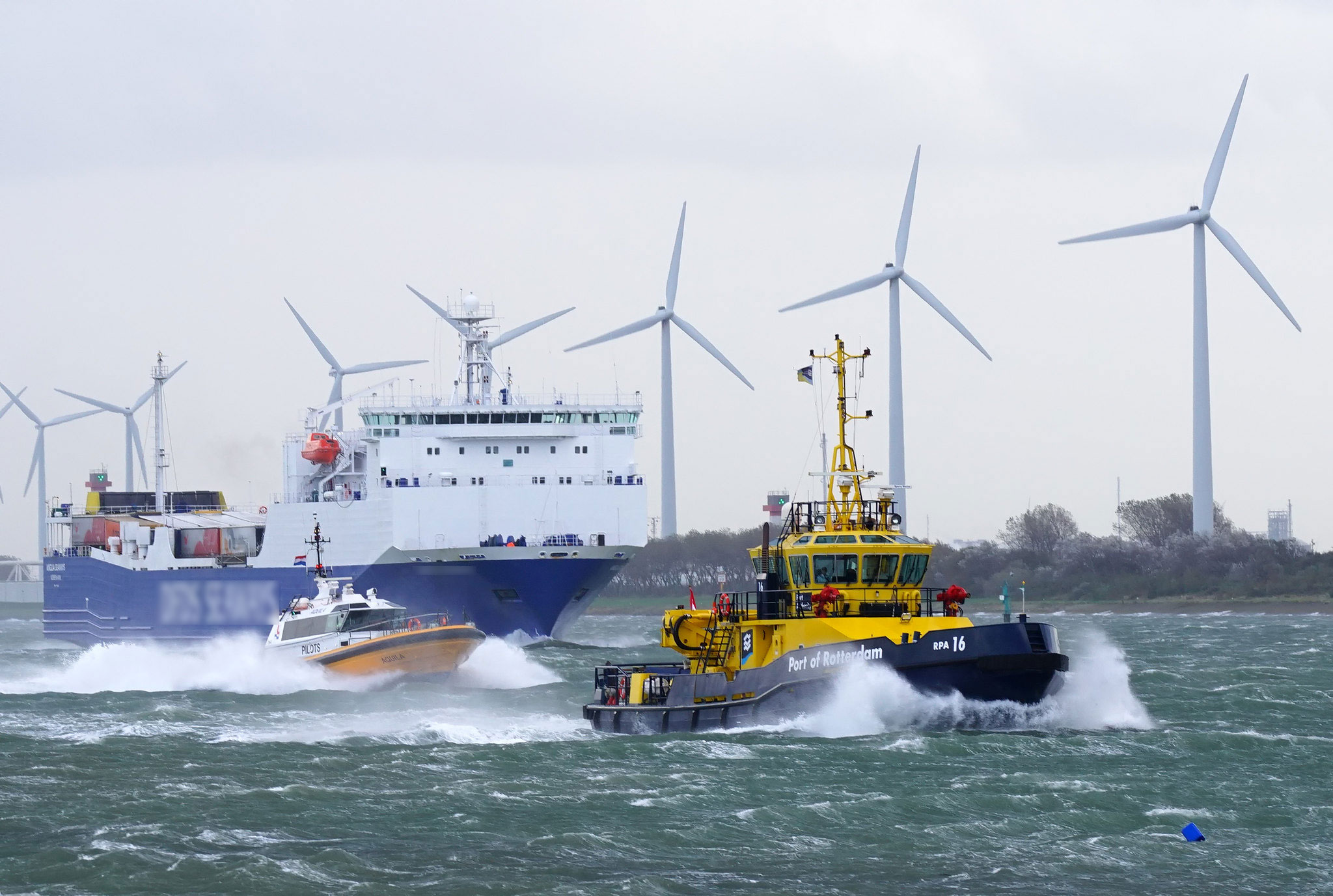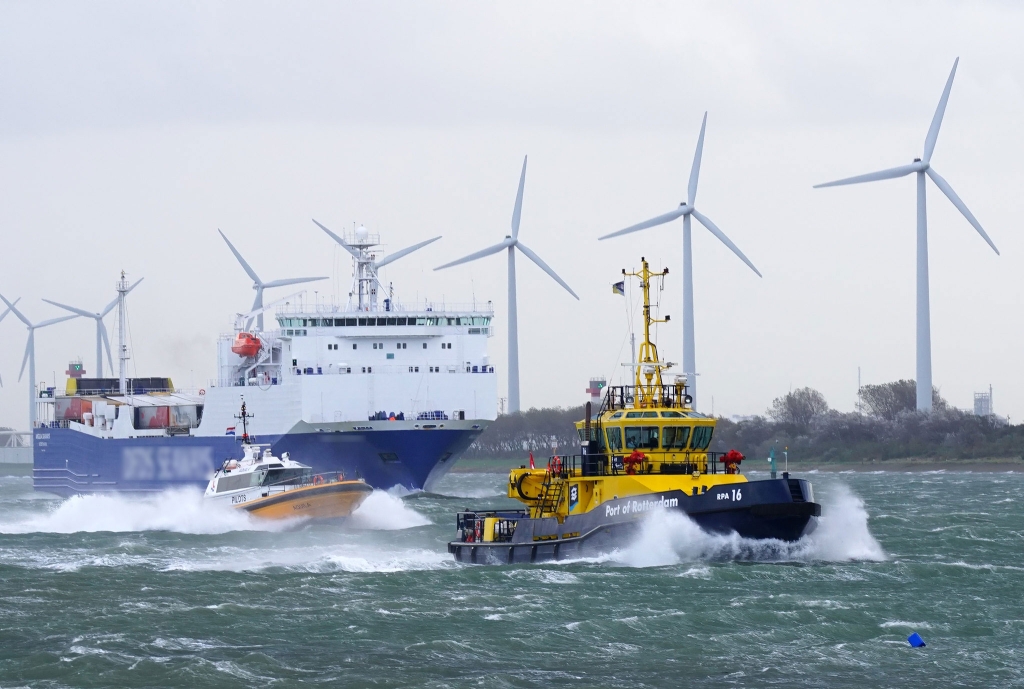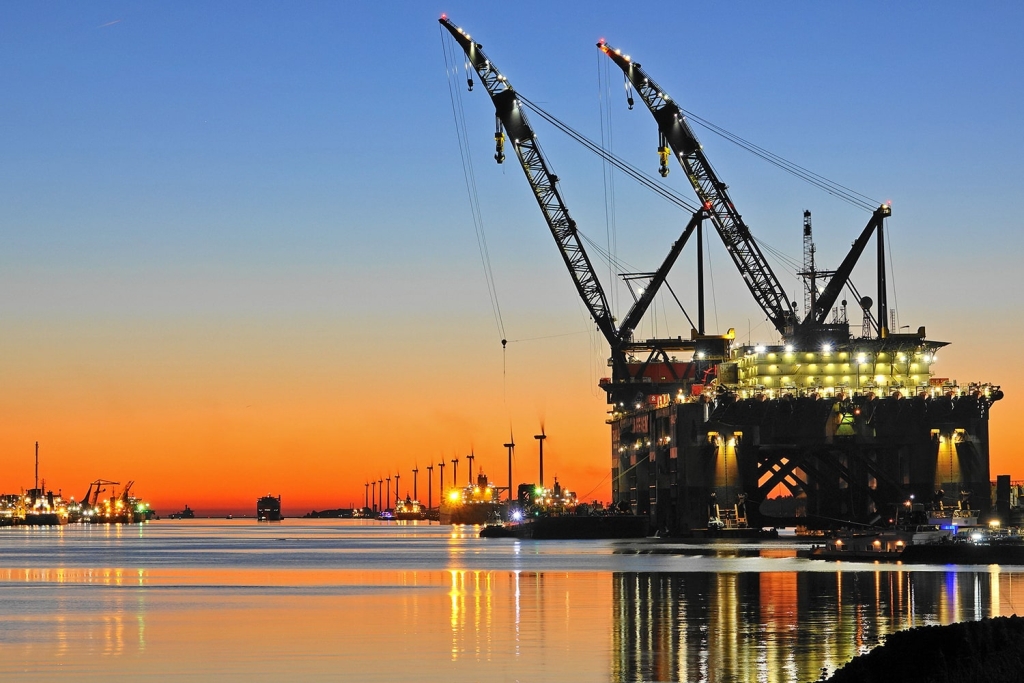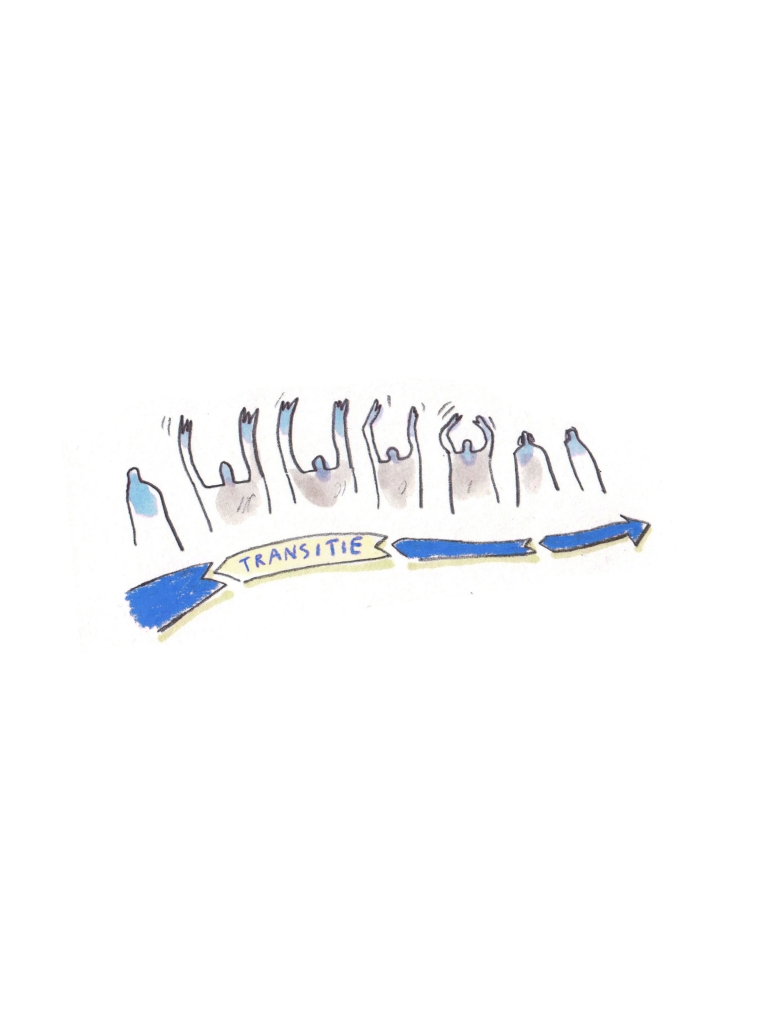Low-carbon hydrogen offers a unique and rare opportunity for the energy transition of the Port of Rotterdam. To support, DRIFT organized a transition arena process to develop an international perspective on hydrogen and identify crucial leadership strategies to unlock the potential of hydrogen.
The Port of Rotterdam’s energy transition
The Port of Rotterdam is currently the leading energy cluster in Northwest Europe but today is highly dependent on fossil fuels – the cluster emits nearly one-fifth of the total Dutch CO₂ emissions. Therefore, the Port of Rotterdam aims to take the lead in the energy transition to a.o. a biobased port, as it wants to remain a globally important energy and chemistry hub in the future.
The opportunity of green hydrogen
Hydrogen provides the port cluster with the opportunity to accelerate the energy transition. Green hydrogen, produced from renewable energy, will become an important part of our future carbon-free energy system. It functions as an energy carrier and as a raw material for chemical production and zero-emission fuel. However, the cluster does not seem to be convinced of the urgency of taking a prominent position in hydrogen developments at the moment.
Transition arena
In a transition arena process with frontrunners from the port’s industry, the Port of Rotterdam Authority and (international) science and government experts, DRIFT co-produced a vision on hydrogen and identified leadership strategies to create a breakthrough in hydrogen developments. Unique to this process is the international perspective on hydrogen, as this is the right context in which Rotterdam can become an important hydrogen hub.





